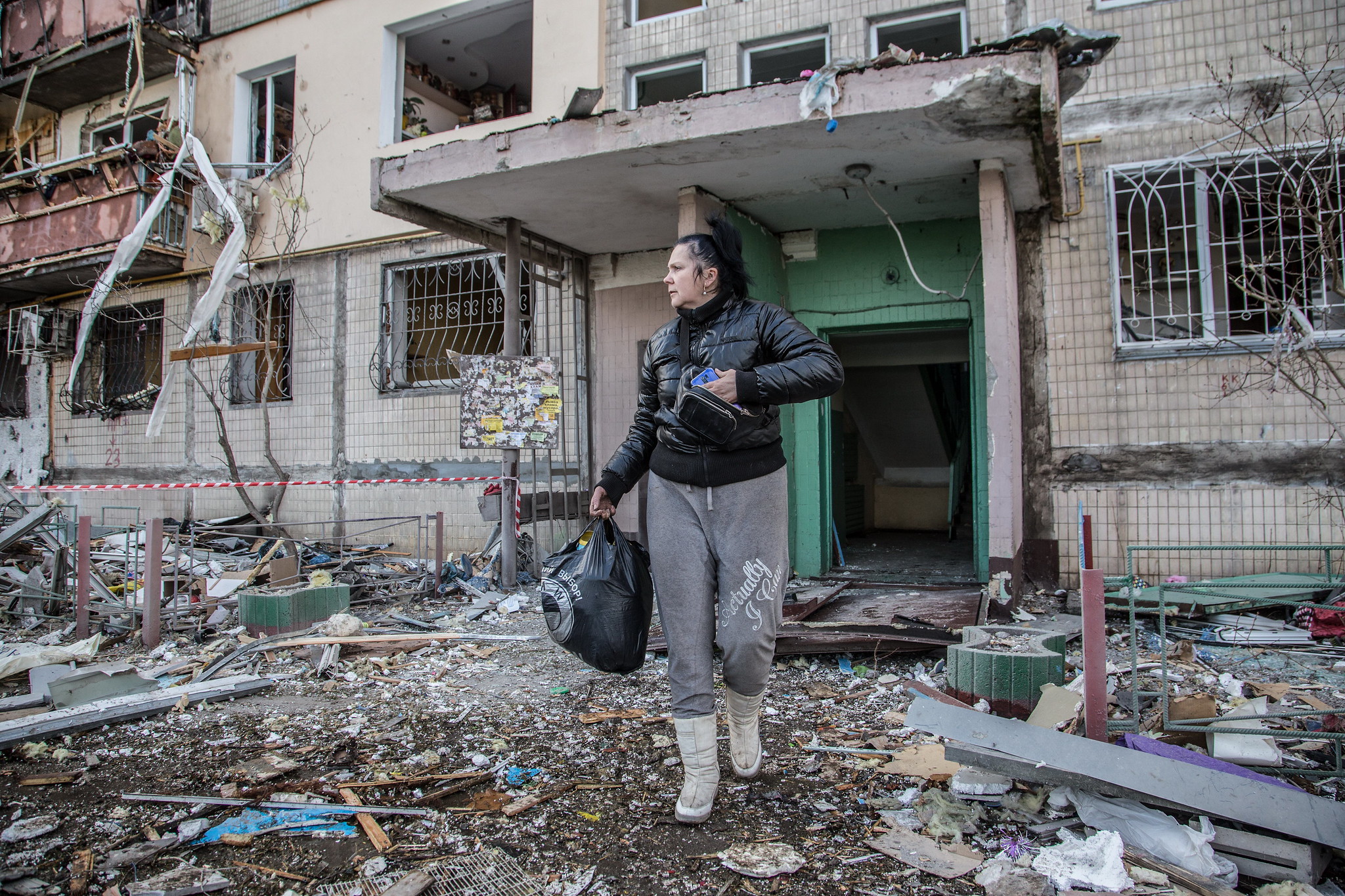Human Rights Watch 2023 Report: A New Model for Global Leadership on Human Rights

The litany of human rights crises in 2022 from Russian President Vladimir Putin's intentional attacks on civilians in Ukraine to Xi Jinping's open-air prison for Uyghurs in China to the Taliban's placing millions of Afghans at risk of starvation—shows that unchecked authoritarian power leaves a sea of human suffering. But 2022 also demonstrated a fundamental shift of power in the world that allows all concerned states to push back against these abuses by protecting and improving the global human rights framework, even when the great powers fall short or are troublesome. We have observed World leaders have traded human rights duties and responsibility for abusers for short-term political gains. Once in power, Joe Biden's bro-like fist bump with Saudi Arabia's Mohammed Bin Salman undermined his commitment to declare Saudi Arabia a "pariah state" over its human rights records. The Biden administration, despite its rhetoric about prioritizing democracy and human rights in Asia, has moderated condemnation of abuses and increased authoritarianism in India, Thailand, the Philippines, and elsewhere for security and economic reasons, instead of understanding that all are linked. Naturally, global superpowers are not the only ones with double standards. Pakistan supports the UN High Commissioner for Human Rights' monitoring of abuses in Muslim-majority Kashmir but ignores probable crimes against humanity against Uyghurs and other Turkic Muslims in Xinjiang due to its close relationship with China. Pakistan's inconsistency is particularly egregious given its role as coordinator. Human rights emergencies occur. Discontent, instability, and crises result from domestic governments failing to respect human rights. The cost of ignoring violations of human rights is high, and the ripple consequences should not be underestimated.
The 2023 Human Rights Watch report on human rights in nearly 100 countries offered opportunities in a world of shifting power. Each issue requires leadership and understanding. Any state that realizes the power of collaboration to change human rights may lead. Governments have more room to take rights-respecting action.
New coalitions and leaders can influence this tendency. South Africa, Namibia, and Indonesia have opened the door for more nations to acknowledge Israeli apartheid against Palestinians. Pacific Island governments have sought more aggressive emissions reductions from polluters, while Vanuatu leads a campaign to bring climate change's negative repercussions before the International Court of Justice for their own and our sake. The "green wave" of abortion-rights expansions in Latin America—notably Argentina, Colombia, and Mexico—offers a compelling counter narrative to the US Supreme Court's overturning 50 years of federal reproductive rights protection. This is the overall lesson of our more disrupted world: we need to reinvent how power is exerted, and all governments have the potential and obligation to preserve human rights within and beyond their borders.
Ukraine: Beacon & Rebuke, In 2022, the world's human rights issue was dominated by Vladimir Putin's full-scale invasion of Ukraine and horrors. After Ukrainian troops forced the Russian military's evacuation from Bucha, north of Kyiv, the UN discovered at least 70 civilians had been unlawfully killed, including in summary executions, which are war crimes. Russian atrocity follows this pattern.

